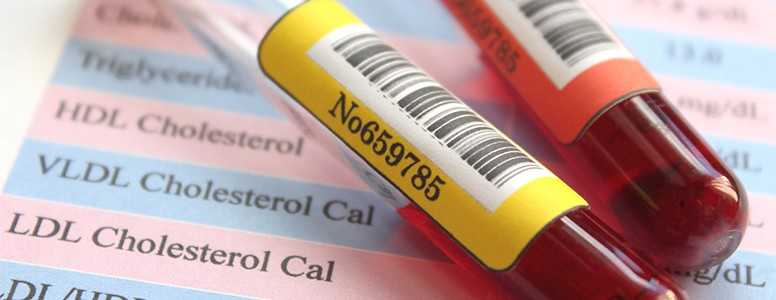Researchers from the Perelman School of Medicine at the University of Pennsylvania have found that an experimental lipid-lowering medication plays a pivotal role in the control of high blood sugar brought on by glucose production in the liver (hepatic gluconeogenesis-induced hyperglycemia).
The study findings, published online this month in Diabetes Care, show that the new generation of antisense-oligonucleotides drugs (ASOs), commercialized as volanesorsen by Akcea Therapeutics, can both lower apoC-III – a key regulator of plasma triglyceride levels – and improve insulin sensitivity and glucose control.
Data from preliminary phase 2 clinical trials presented recently at the American Heart Association (AHA), European Society of Cardiology (ESC), National Lipid Association (NLA) and American College of Cardiology (ACC) – has sparked substantial interest within the medical community.
In patients with high to severely high hypertriglyceridemia (fasting triglycerides higher than 5.7 mmol/L), the apoC-III inhibitor reduced low-density lipoprotein-cholesterol particles (VLDL-C) and increased the protective high-density lipoprotein particles (HDL) while also keeping other risks factors for cardiovascular disease at bay.
In this study, research scientists have now discovered that ASOs can also improve insulin sensitivity and glucose control by significantly decreasing patients’ overall hemoglobin A1c (HbA1c), as well as improving peripheral insulin action at a tissue-specific level.
Previous mice studies have demonstrated that ASOs can disrupt the expression of an important transcription factor in glucose metabolism called Foxo1 in the liver.
Foxo1 regulates the gene expression of two key enzymes. The first one, PEPCK, is an enzyme used in the metabolic pathway of gluconeogenesis and controlling hepatic glucose output. The other is glucose-6-phosphatase (G6Pase), an enzyme found mainly in the liver and the kidneys that hydolises and liberates glucose into the bloodstream.
In insulin resistant animals, Foxo1-targeted ASO therapy lowers plasma glucose concentration by decreasing expression of G6Pase and the rate of glucose production by decreasing expression of PEPCK. In other words, the decrease in Foxo1 triggered by ASOs decreases expression levels of PEPCK and G6Pase, subsequently decreasing gluconeogenesis and reducing fasting blood glucose.
In order to quantify the effects on blood glucose control of the drug in humans, researchers tested the medication on 15 adult patients with type 2 diabetes and hypertriglyceridemia assigned to two groups. One received volanesorsen and the other a placebo.
After 12 weeks, the research team found that patients on ASOs experienced both a 69 percent reduction in triglycerides and a 57 percent improvement in whole-body insulin sensitivity, evidenced through hyperinulinemic-euglycemic clamp testing. Their hemoglobin A1c levels also significantly improved.
This suggests that ASOs, which may bypass defects in insulin signaling, could represent a possible therapeutic target in insulin-resistant type 2 diabetes patients with high triglycerides.
What's new on the forum? ⭐️
Get our free newsletters
Stay up to date with the latest news, research and breakthroughs.







